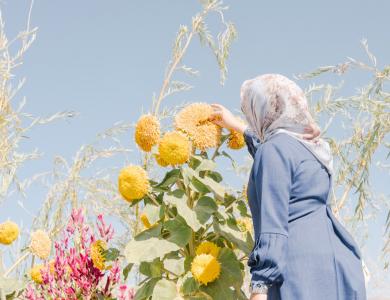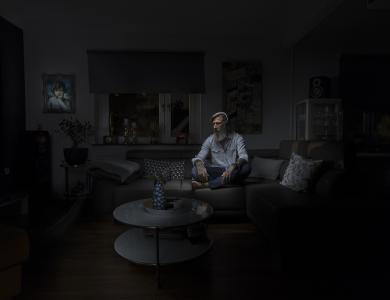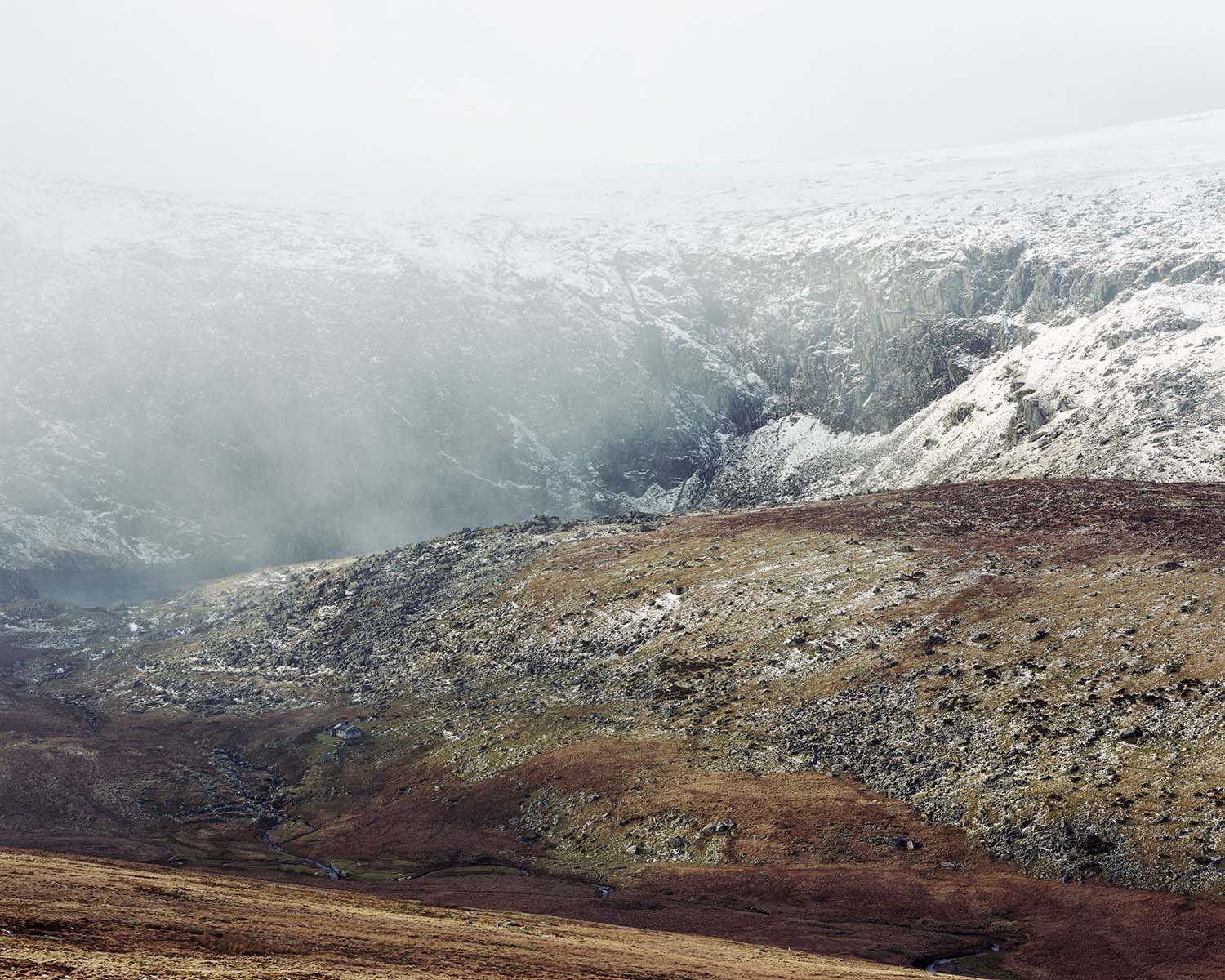
In the last interview for our three-part series where we've put this year's ZEISS Photography Award judges in the spotlight, Simon Lovermann – Founder and Artistic Director of De Grief – answers our quick-fire questions. Simon joins Louise Fedotov-Clements and Max Ferguson on the judging panel.
When you're judging the ZEISS Photography Award you won't see the photographers' name or nationality - just the series description and images. What are the advantages of this approach to judging?
I wouldn't be biased by names that I already know. I think that at this point in time, it's actually necessary to set certain standards for the outcome of a shortlist and thus you need to know about the gender or nationality of a person entering.
Why should photographers enter photography competitions?
Depending on the contest, there might be a monetary prize awarded that can help you pay your bills or realise a new project. Your work might get in front of the eyes of some people who could commission or exhibit your work and you might get exposure (online, in print or in an exhibition) – all depending on the contest, the organisation running it, the reason for it to exist and the people on the judging panel.
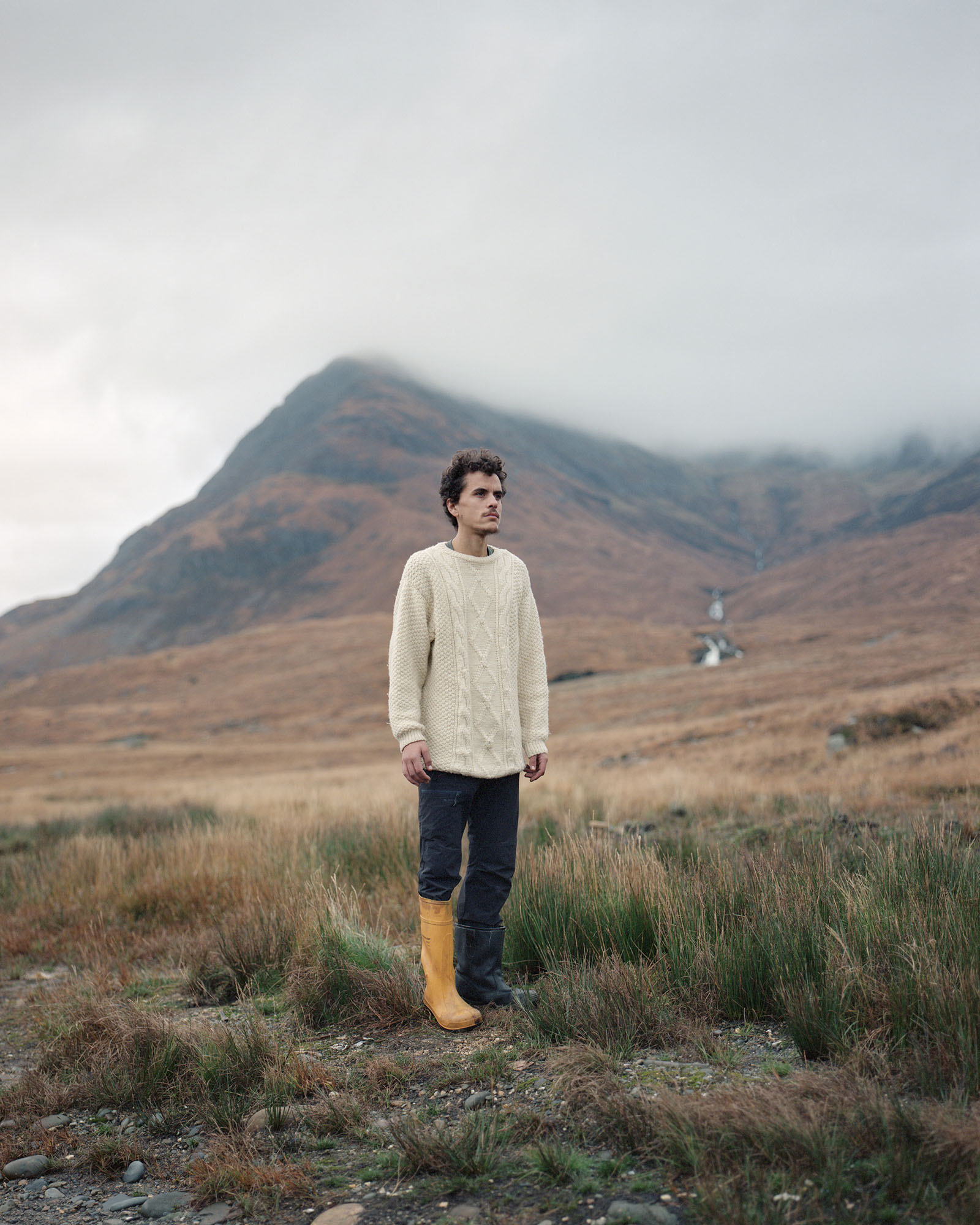
What three tips would you give to a photographer entering a competition?
First ask yourself: At what point am I in my career and do I have work that I want to enter? Then ask yourself: Does this particular competition eventually support my career (because you might be able to get your work in front of the people)? And last but not least: Is it worth eventually investing money for an entry fee? Is the competition I’m submitting to really interested in supporting photographers and/or artists? Then you’re good to say yes or no.
Do competitions support diversity in photography or dampen it?
In most cases, they've been dampening it, but diversity in judging panels is becoming more common. There are more prizes awarded to support a broader variety of voices in contemporary image culture. But again, it completely depends on the individual organisation!
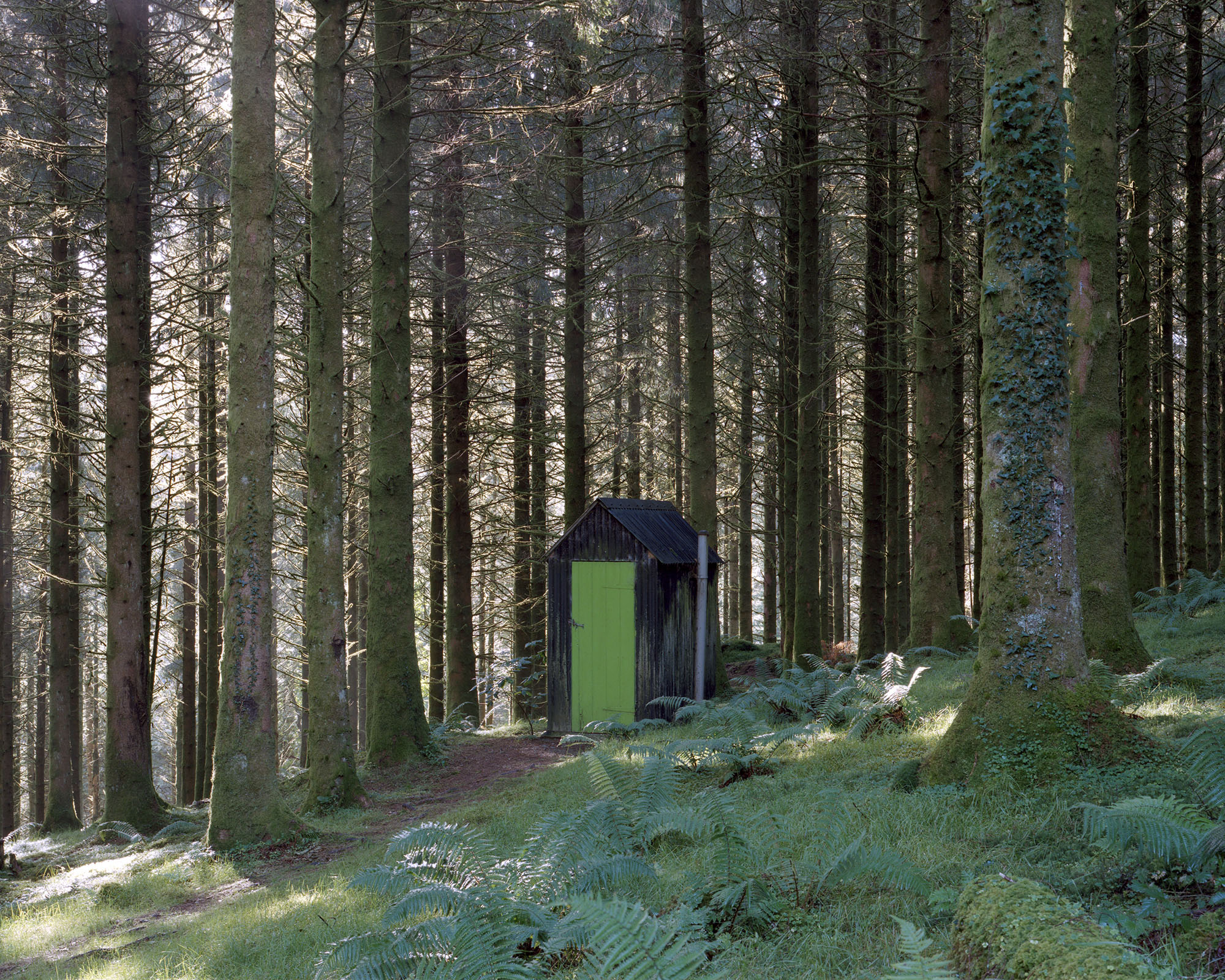
How important is it to be inspired by other art forms?
In my humble opinion and for my work, it's crucial. However, I don’t think photography is always art and thus it really depends on what type of image-maker you are. You personally might find your inspiration in completely different fields other than art.
What are some of the trends you’re seeing in photography today?
Well I hope they’re not only trends, but I see that there’s a more diverse and wider support of different kinds of image-makers with all kinds of different voices – in fine art, fashion, advertising, editorial, and journalism.
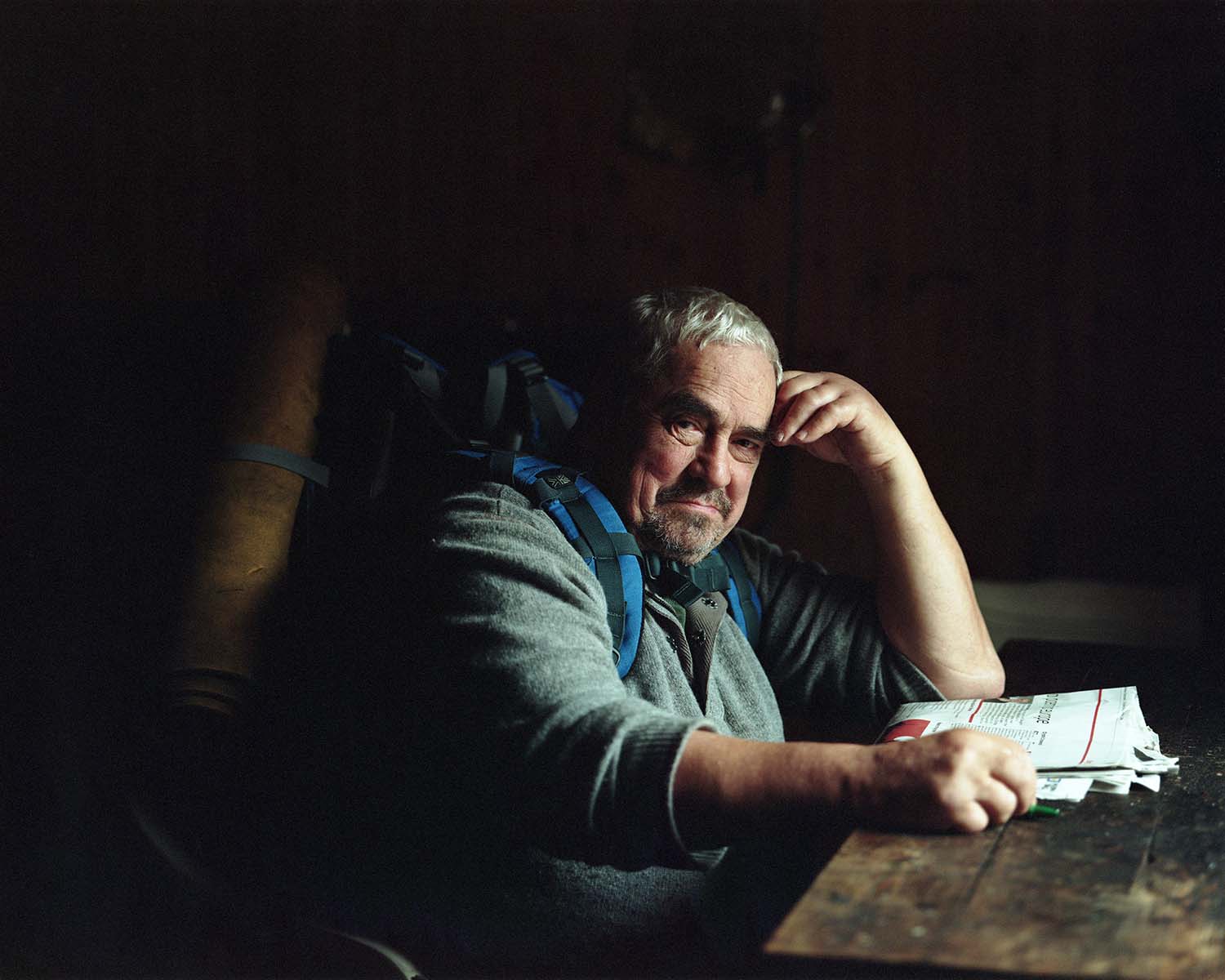
Simon Lovermann is an artist, musician and cultural entrepreneur. He is the founder and artistic director of the internationally renowned organisation for contemporary photography Der Greif. He is also the co-founder and CSO at Picter, a software company providing tools for the creative industries. Simon’s research and practice circles around topics such as a shifting perception of authorship, de- and recontextualization of images, appropriation and artistic approaches to photographic archives. He gives lectures and talks around the world, as well as workshops at internationally renowned universities and institutions, including the London College of Communication, École cantonale d'art de Lausanne and Parsons The New School.
Simon joins the judging panel for the 2020 ZEISS Photography Award. Enter your series relating to Seeing Beyond: Discoveries, before 4 February, 2020 at 13:00 (GMT).


